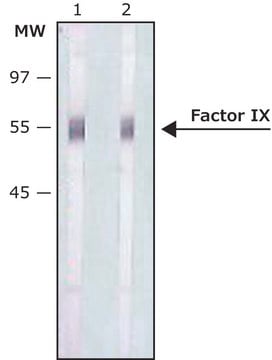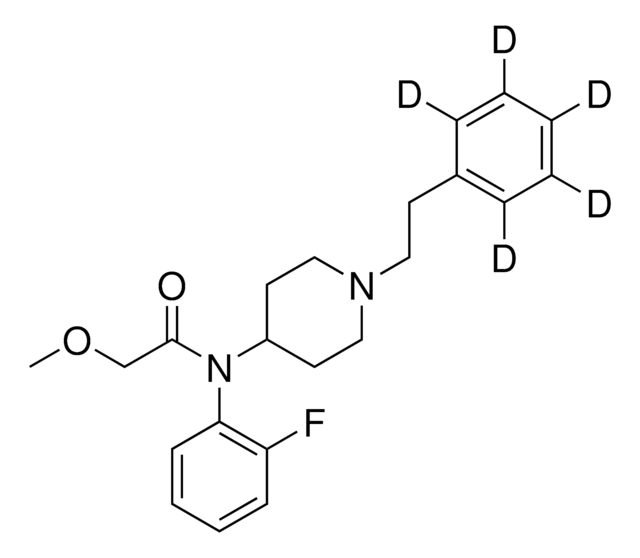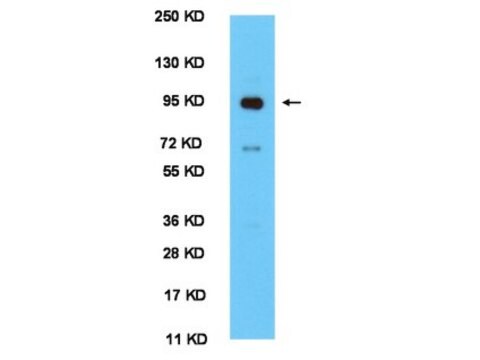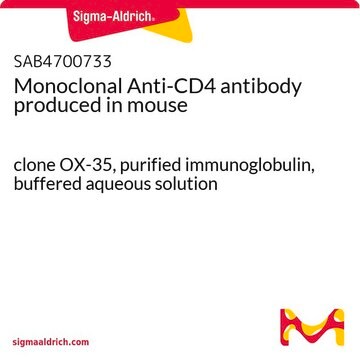O9764
Anti-OTUB1 (57-70) antibody produced in rabbit
IgG fraction of antiserum, buffered aqueous solution
Sinónimos:
Anti-HSPC263, Anti-OTB1, Anti-OTU1, Anti-Otubain 1
Seleccione un Tamaño
473,00 €
Seleccione un Tamaño
About This Item
473,00 €
Productos recomendados
origen biológico
rabbit
conjugado
unconjugated
forma del anticuerpo
IgG fraction of antiserum
tipo de anticuerpo
primary antibodies
clon
polyclonal
Formulario
buffered aqueous solution
mol peso
antigen ~31 kDa
reactividad de especies
human
técnicas
western blot: 1:500-1:2,000
Nº de acceso UniProt
Condiciones de envío
dry ice
temp. de almacenamiento
−20°C
modificación del objetivo postraduccional
unmodified
Información sobre el gen
human ... OTUB1(55611)
Categorías relacionadas
Descripción general
Inmunógeno
Aplicación
Acciones bioquímicas o fisiológicas
Forma física
Cláusula de descargo de responsabilidad
¿No encuentra el producto adecuado?
Pruebe nuestro Herramienta de selección de productos.
Elija entre una de las versiones más recientes:
Certificados de análisis (COA)
¿No ve la versión correcta?
Si necesita una versión concreta, puede buscar un certificado específico por el número de lote.
¿Ya tiene este producto?
Encuentre la documentación para los productos que ha comprado recientemente en la Biblioteca de documentos.
Filtros activos
Nuestro equipo de científicos tiene experiencia en todas las áreas de investigación: Ciencias de la vida, Ciencia de los materiales, Síntesis química, Cromatografía, Analítica y muchas otras.
Póngase en contacto con el Servicio técnico








